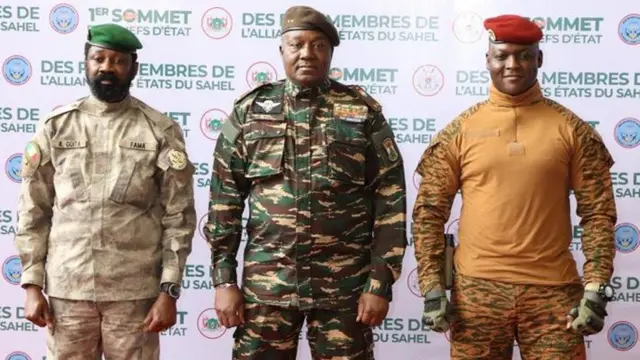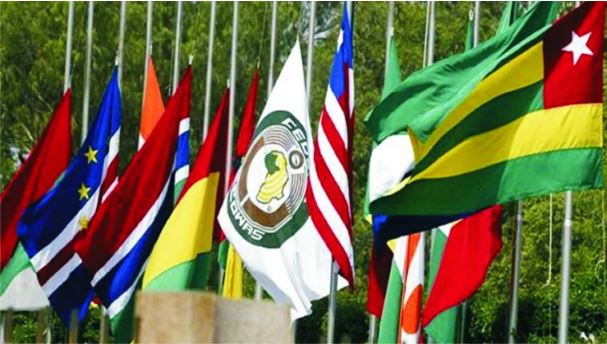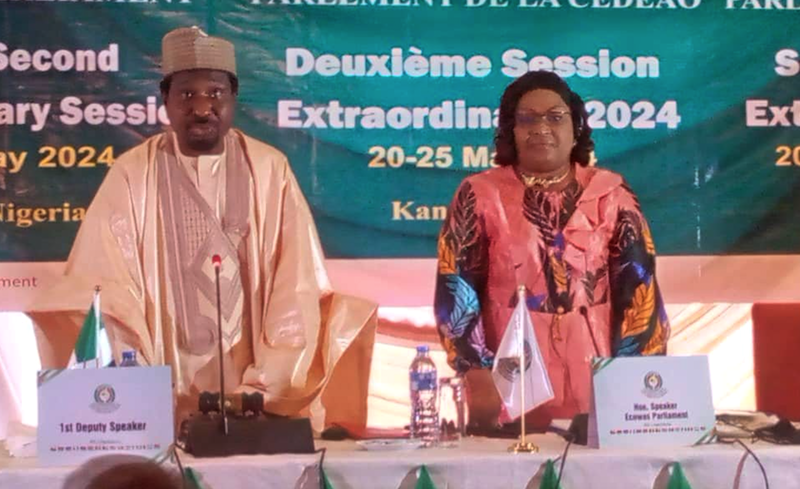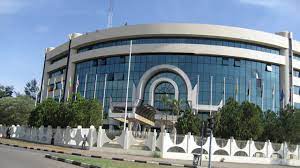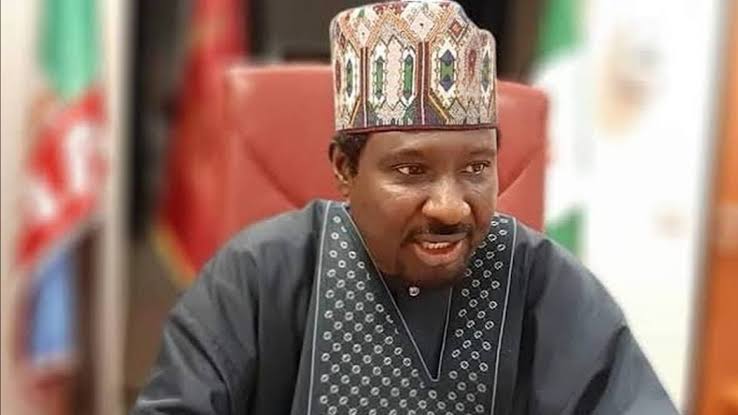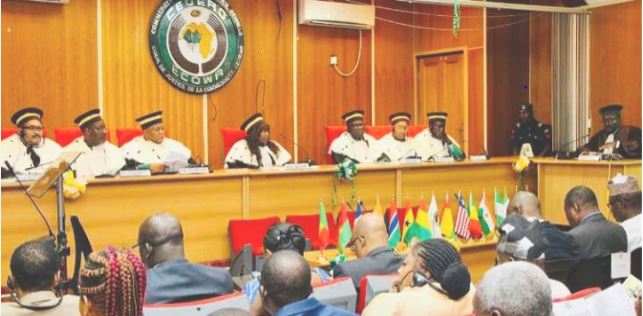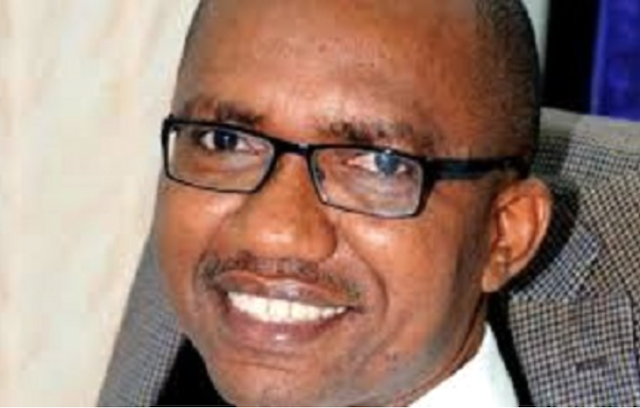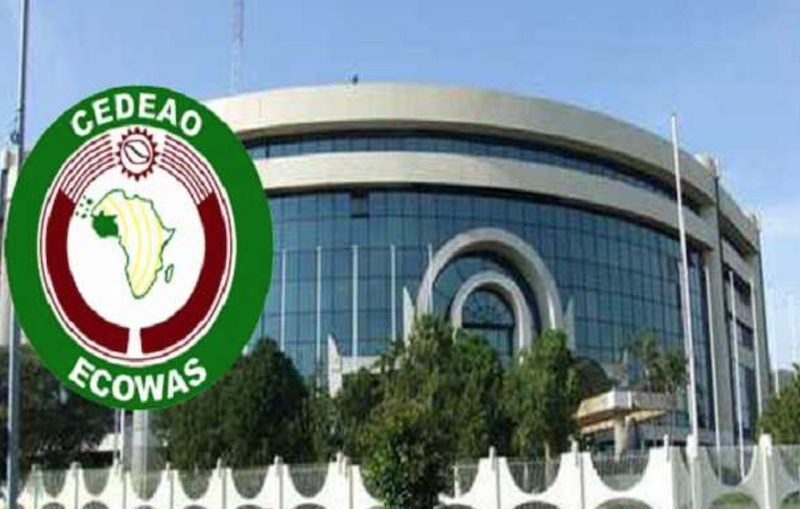The resolutions following the Extraordinary Summit of the Heads of Government of the Economic Community of West African States (ECOWAS), at the recently concluded summit of Heads of State and Government in Abuja, were truly extraordinary.
Seven months after threatening to deploy force in Niger, one of the four delinquent states – the others being Mali, Guinea, and Burkina Faso – and three months after wide-ranging economic sanctions were imposed on all four, the regional body backed down spectacularly last week.
If the Afrobeat icon, Fela Anikulapo-Kuti, had rendered a welcome tune for the embattled regional leaders as they met in Nigeria’s capital, Abuja, it would have been his famous “Confusion Break Bone (CBB).” Misery never had a better company than the current state of affairs in the 50-year-old regional body, which apart from SADC, was perhaps Africa’s most exemplary model of regional co-operation.
While ECOWAS said it offered amnesty to its delinquent members on “humanitarian grounds”, the response from the military leaders in Bamako, Conakry, Ouagadougou and Niamey, has been mockingly indifferent. Yet the truth about how this 15-member regional block with annual trade valued at $150 billion came to this sorry pass is deeper and more nuanced than it appears.
Wrong turn
The Lomé Declaration of July 2000 recognised the continent was drifting and needed urgent course correction. An earlier era of democratic consolidation was being eroded by the return of military coups and the AU needed to create mechanisms to roll back the trend.
But that’s precisely where the problem was misdiagnosed. While continental leaders were rightly concerned that unconstitutional changes of government were once again becoming a clear and present danger, the emphasis has been big on response but often, too little too late, on prevention.
Nowhere has the situation played out more regrettably than in the delinquent Sahelian states of Mali, Guinea Burkina Faso and Niger. Whereas ECOWAS played a lead role in managing the crisis in Liberia and Sierra Leone; and forced Yahaya Jammeh to back down when he tried to play games in The Gambia after his final term, the problems in Francophone west Africa are more complicated. They speak French, which translated, means the continent should have prioritised prevention, instead of response.
The French question
The delinquent military leaders have accused ECOWAS of keeping silent while their countries have been ripped off by France for decades. This largely true, but partly self-serving sentiment has found a place in the hearts and minds of citizens in these countries.
France has accumulated a notoriously poor record on the continent that it can hardly be proud of. In Niger, for example, Tom Burgis writes in his book, The Looting Machine, that French state-owned atomic energy group Areva’s profit from uranium is twice Niger’s GDP. The footprint is the same everywhere in the region.
Fourteen Francophone countries, including the four troubled ones, store 50 percent of their reserves in the French Treasury, an arrangement which has been widely criticised. Even French President Emmanuel Macron, born after colonial rule, acknowledged this injustice with a heavy heart, but then turned around to say later it was a part of the “civilising” obligations of France. If civilisation means robbing a country at gunpoint and having the victims pay interest for the crime, I wonder what primitiveness would look like.
While France may be the most obvious, and perhaps the most perniciously complicit, it is not the only source of Francophone west Africa’s misery. As I wrote in an earlier article on this subject entitled, “Again, A Bizarre Joke in Niger Speaks French,” China, and lately, Russia, also have their hands in it for their own strategic interests. Yet, not a single one of these foreign powers have gotten away with murder without the complicity of the political elite in these countries – politicians and military alike.
It is convenient for the delinquent military leaders in the Sahelian states to look for scapegoats elsewhere, exploiting widespread insecurity, rampant poverty, identity politics and foreign meddling to gain legitimacy.
The point is, military leaders have no greater claim to patriotism than do the rest of us. We have seen in dozens of military coups on the continent that those who came claiming to be messiahs left their countries worse off.
Blaming Tinubu?
Where does the flip-flop and mollycoddling leave ECOWAS, a regional body obviously anxious to prove under the leadership of Nigeria’s President Bola Ahmed Tinubu, that it is as good as its word that coups would have no place on his watch?
It’s hard to blame Tinubu for pressing ECOWAS to act tough as military coups piled on themselves. As the leader of a country that had witnessed nearly half a dozen successful coups, he had to do what he did as a matter of self-preservation and enlightened interest.
The problem, however, was that there were so many artisans involved in making this broth, it turned out to be a chef’s nightmare. Strategy should never have been sacrificed for expediency.
The Delinquent Four have seen that the regional powerhouses have been considerably weakened and distracted internally by insurgency, political strife, economic crisis, and poor governance. Add that to a global system pre-occupied with the wars in Ukraine and the Middle East, then it becomes clearer why the Delinquent Four have adopted defiance as strategy.
The Chairman of the ECOWAS Commission, Omar Toure, expressed the hope that eating the humble pie is worth the price of losing four members. I’m not sure the Delinquent Four will withdraw their threat of leaving, U-turn or not. They’ve got ECOWAS exactly where they wanted and won’t be in a hurry to climb down. Sanctions hurt and studies have shown that they could have statistically significant immediate and long-term effects on the targets.
But that, of course, is assuming that the countries imposing sanctions have the capacity and will to enforce them. Even though the four countries targeted by ECOWAS are landlocked and therefore could ordinarily have felt the impact more, boundaries in the subregion are so porous and informal trade so deeply entrenched – about 30 percent of regional trade actually – a successful implementation of economic sanctions was always going to be quite problematic.
Then, there is the potential threat that if these countries harden beyond redemption, it would not only further weaken the multinational framework for containing insurgency in the region, these states may themselves become epicentres of regional destablisation.
As things are, ECOWAS will have to swallow its pride and set up credible negotiating teams with the Delinquent Four that take into account their grievances. The artisans have done enough harm. It’s unlikely that these military leaders would honour any transition guidelines but that must remain the minimum basis for any future agreements.
Tacky Macky Sall
There is, of course, the case of Senegal where President Macky Sall is also waiting to go rogue. Before ECOWAS is caught on the backfoot again, this would be a good time to start meaningful negotiations to ensure that Sall doesn’t endanger himself, his country and the subregion by extending his tenure too far beyond his already exhausted expiry date.
In light of the fragile situation in the continent, the AU must now pay far greater attention to prevention, focusing on triggers and early warning signs such as flawed elections, poor governance, and systemic corruption, instead of making a virtue of chasing the horses after they have bolted the stable.
That’s why the launch this week of the Regional Citizen’s Dialogue Programme (RCDP) in Abuja by a consortium of NIPSS, Kuru; the Dantiye Centre, Kano; the Sierra Leone-based regional centre (RCGSPI); and KAICIID, to mobilise civil society and complement institutional effort at prioritising prevention deserves serious attention.
Who would have thought that three landlocked countries with a combined eight percent contribution to the $761billion GDP of ECOWAS, according to the World Bank, could hold the community to ransom, forcing it to swallow more than a trayful of humble pie?
